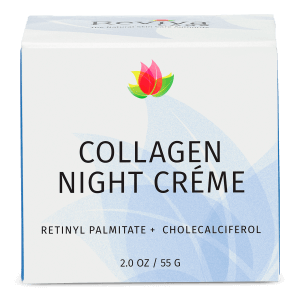Skin Care
Cold-weather skin care tips
When the weather gets colder, humidity levels drop, and the dry air can pull moisture from the skin. Over time, and without proper care, skin can become so dry that it can start to flake, or even to crack and bleed.
In the colder, drier months, skin needs a little extra TLC. Here are some suggestions to keep your skin healthy and glowing.
How to cleanse skin in the winter
Adjusting your cleansing routine for the colder months is an easy fix that can help a lot. First, you should be using lukewarm water, as hot water can strip oils and moisture from the skin (you should never use hot water to wash your face, regardless of the season). You may also consider a cream cleanser during the colder months. A gentle cream cleanser can help remove impurities while still imparting much-needed moisture into the skin.
Moisturizing during the cold, dry months
The dry air means you need to be more vigilant about moisturizing. First, you need to choose the right moisturizer for your skin. You probably need a richer moisturizer than what you use during the summer months, but you still want to stick with a moisturizer that isn’t too heavy for your skin. You should also try to moisturize immediately after cleansing. Moisturizing while your skin is still damp can help lock in the moisture.
Don’t forget the sunscreen
Never skip the sunscreen, even when the weather is cold. The sun’s rays can still be damaging, even if it’s cold and dreary. Keeping the skin protected from the sun is an important part of keeping it healthy – all year around.
Cover up when you can
Hats, gloves, and scarves can protect your skin more than you realize. If skin isn’t exposed to the dry air, it may be easier to keep it moisturized and hydrated. Those scarves and gloves can also help keep the skin protected from the sun’s rays.
You are what you eat – and drink
It’s much easier to get your proper hydration in the warm months – drinking water helps you cool off, and it’s great for your skin. Unfortunately, we tend to drink less water in the colder weather. We might drink more coffee or tea or hot drinks – but they don’t hydrate the way water does. And it’s still important to eat properly – making sure to get a variety of fruits and vegetables, as well as protein and fiber, in order to get the nutrients you need. After all, getting healthy skin requires taking care of your inside as well as the outside.
Stay away from irritants
It’s always a good idea to avoid products, ingredients, and fabrics that may irritate your skin. But those irritants can be especially bothersome when your skin is already more prone to dryness. Fall and winter are not the best times to try new perfumes or new detergents that may be especially harsh on your skin. Stick with gentle products, avoid fragrances, and if something doesn’t feel right when it touches your skin, maybe save it for another time.
You still need to exfoliate in the winter
It may seem counterintuitive, but exfoliation is still important in the winter time. It’s important to remove dead, dry skin – just don’t go overboard. Exfoliate once per week with a gentle product (exfoliation IS possible without abrasion), and be sure to moisturize afterward.
Your nighttime routine is particularly important in the winter
Your skin (and the rest of your body) does some of its most important work while you sleep. Gently cleansing then deeply moisturizing your skin before you go to sleep can help your skin repair and replenish much needed moisture.
Another way you can help replenish your skin’s moisture during the night is to use a humidifier. Indoor heating can be especially drying, so putting a humidifier in your bedroom can help keep the air from getting too dry – especially important while you’re sleeping since your skin is working so hard to rejuvenate itself.
Keep these tips in mind as the weather gets colder – your skin will thank you for it.










